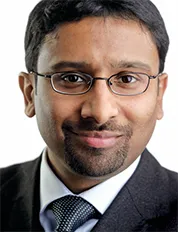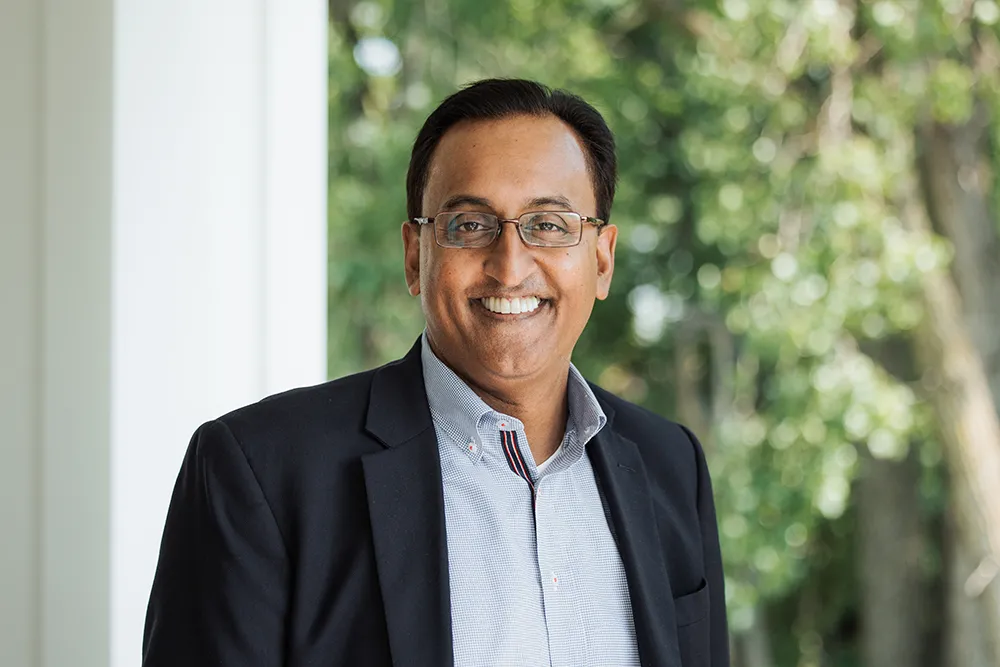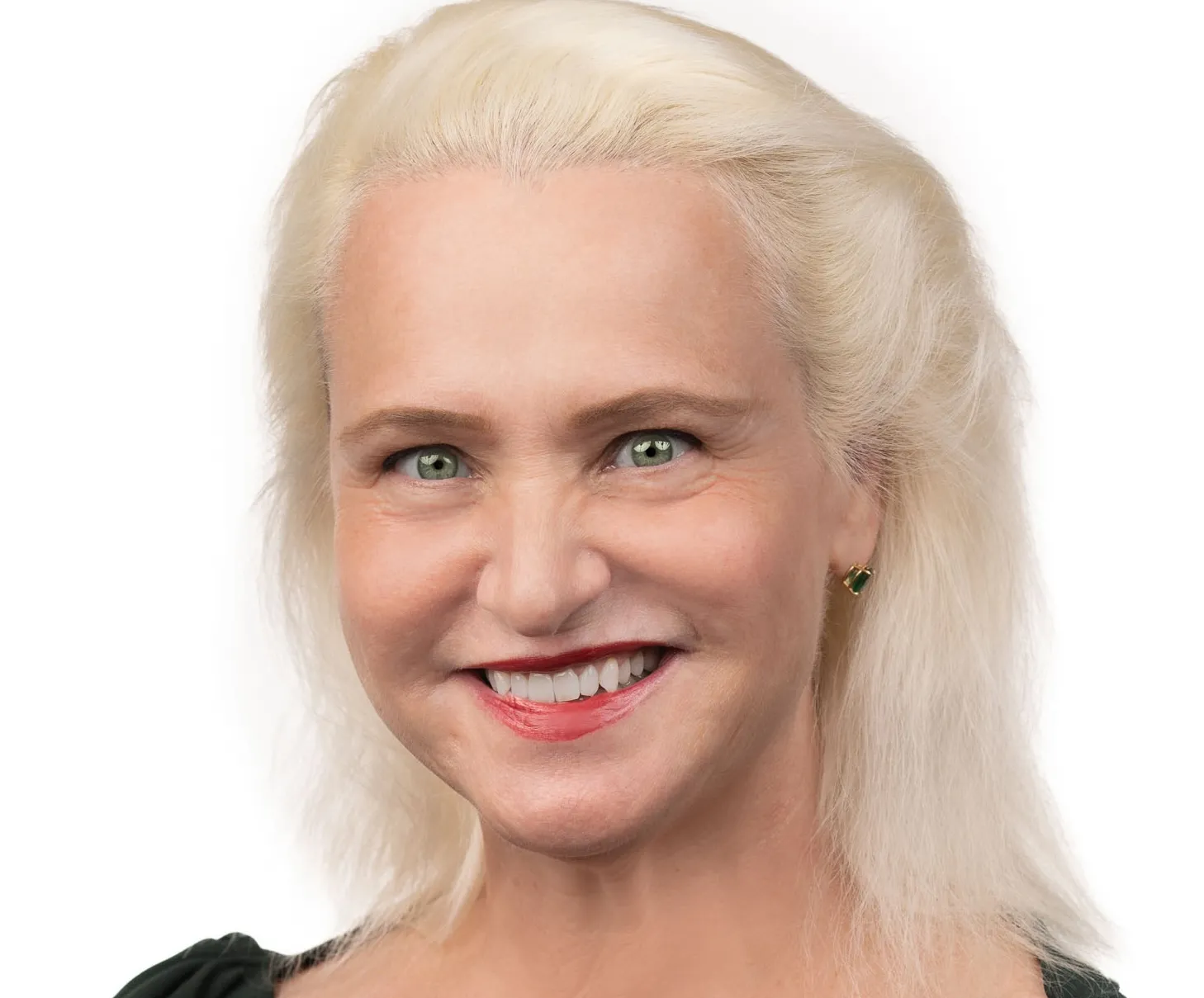Suyash Agrawal ’02: A New Firm, a New Model: Results, not Just Hours

Earlier this year, Suyash Agrawal, ’02, joined with a partner to open Agrawal Evans LLP, a new boutique law firm in Chicago that represents plaintiffs and defendants in complex business disputes. Apart from the firm’s high-end, trial-oriented representation of clients on both sides of the docket, the firm employs an unusual business model that focuses on nonhourly fee arrangements where the firm’s fees depend on its success.
Agrawal honed his lawyering skills with a Fifth Circuit clerkship and nine years at the boutique business litigation firm Susman Godfrey (where he was named an equity partner in 2008). He has recovered over $200 million for plaintiffs and successfully defended claims seeking over $400 million. A brief he cowrote is a presented as a model in a textbook by legal writing expert Bryan Garner, who says about that brief, “It’s perfect.”
Agrawal began practicing in Susman Godfrey’s Houston office but moved to its then-fledgling New York office right after becoming a partner. Relocating to Chicago to start his new venture made sense for several reasons: he grew up in the Chicago suburbs, he loves the city, and his wife, Monika Nalepa, is a political science professor at nearby Notre Dame University.
Agrawal credits the Law School for helping him win his wife’s heart. The two met in Houston, where Nalepa was a professor at Rice University. On their first date, she was struggling to settle into conversation after a stressful day of teaching game theory to resistant graduate students. “I asked her whether she taught Arrow’s Impossibility Theorem, and her eyes lit up,” Agrawal recalls. “She was amazed that a lawyer would know who Kenneth Arrow was. Other couples might say ‘You had me at hello,’ but for us it’s ‘You had me at Arrow’s theorem.’ I doubt that any other top law school can say that!”
He also attributes many of his professional accomplishments to the Law School. For example, he notes that the Law School taught him to think systematically and rigorously about how incentives define problems and their solutions: “That kind of training helps you differentiate what’s salient from the noise. And it began in my first year, in courses such as Contracts with Lisa Bernstein and Elements of Law with David Strauss. It shapes how I approach all areas of my practice, from writing briefs to negotiating settlements to framing cases in an argument before a judge or jury.”
His new firm’s distinctive approach to remuneration reflects that same principle, Agrawal says: “Our fees will be determined, partially or completely, by the outcomes we produce, not just by how many hours we log. So, we’re incentivized to perform at the highest level, but to do so efficiently, focusing on what will ultimately matter to the fact finder.” He says that many lawyers might occasionally employ such alternative fee agreements, but few business litigation firms thoroughly embrace them, a situation he describes as “astonishing, because lawyers are in the business of dispensing advice in the face of uncertainty, and that advice squarely affects their clients’ pocketbooks.” Not only has Agrawal practiced under such nonhourly agreements throughout his career, but he’s also written about them in an article for an ABA publication. He is currently working with other graduates of the Law School and the University of Chicago and to assemble a continuing legal education workshop on structuring, negotiating, and drafting alternative fee arrangements.
A committed supporter of the Law School, Agrawal has cochaired his class’s 10th reunion, helped plan alumni events in New York City, and served as a Moot Court judge. He says that the Law School’s alumni network has been an exceptional resource as he begins this new stage of his career: “I’ve received helpful input about everything from our logo to building the business from alumni whom I know. Just as striking is how many people I didn’t know—whom I’ve met at various alumni gatherings, for example—are more than ready and willing to offer valuable advice and help in any way they can.”
“For an institution that so effectively nurtures independent thinking, the Law School has also been remarkable at building a tight-knit community among its alumni, faculty, and friends,” Agrawal adds. “I’m thrilled to have to chance to contribute to that, and deeply grateful to have benefitted so much from it.”


